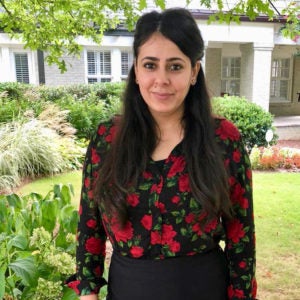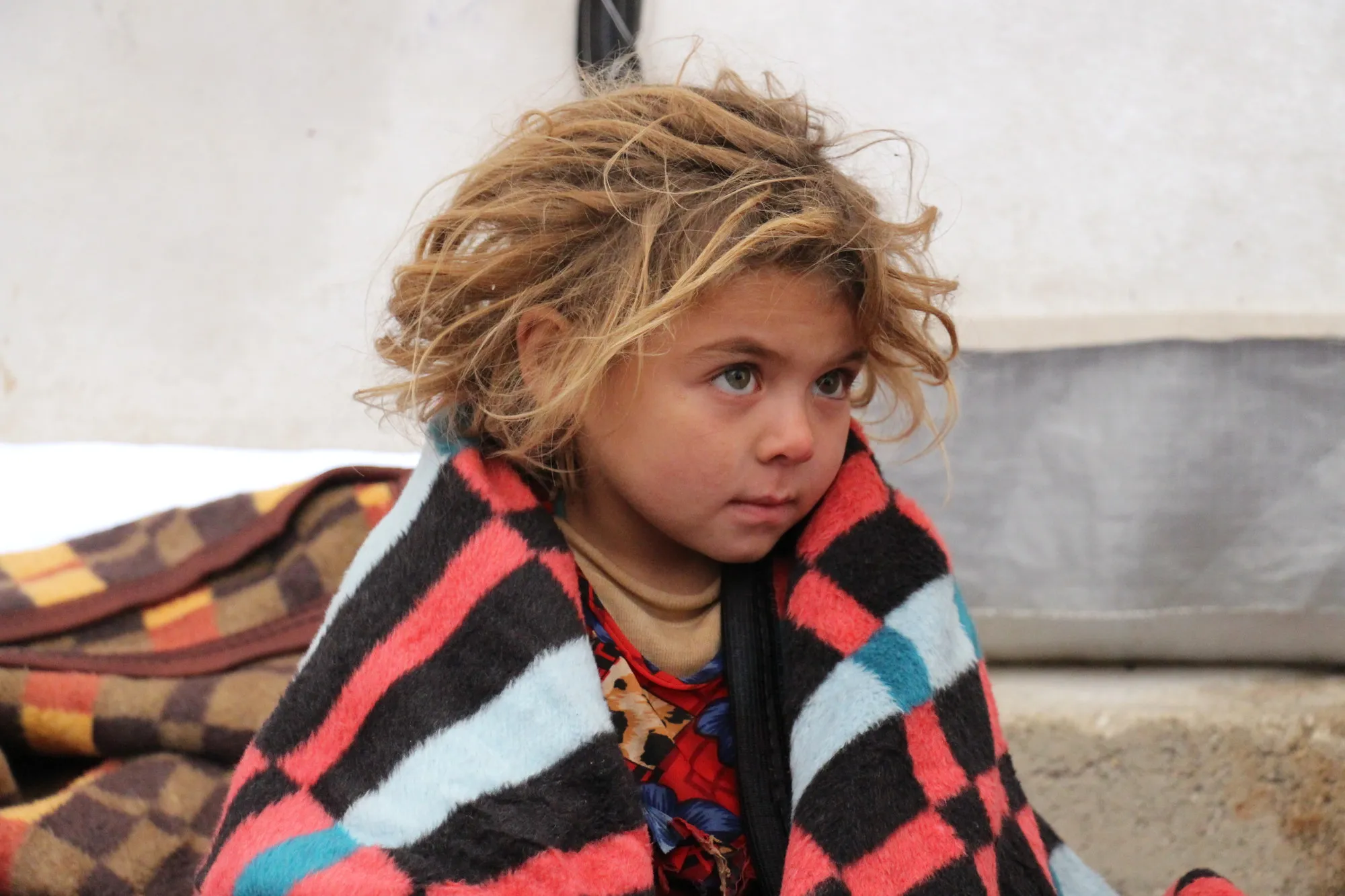What’s the role of women in the medical response?
Both men and women contribute to the workforce and men and women are both participating in medicine, nursing, dentistry just like in a country like the U.S. There’s a shortage [of medical professionals] because people have been displaced, but we still have women as part of our workforce. We’ve been lucky because our programs revolve around sexual and reproductive health and culturally women prefer to see women for those kinds of services.
The war has left many people with disabilities. What does that mean for long-term development?
There will be a huge surge in people who are injured and have lost limbs. We have several physical rehab and therapy facilities that are complemented by psychosocial support to learn to live with a disability and not slip into depression. This is the case anywhere with stigma around disability. Not having the full infrastructure to support [this community] is a huge issue for reconstruction. Syria wouldn’t have been equipped pre-war so the question will be how to address it moving forward. It’s not yet post-conflict development so there isn’t exactly a plan in place.

Amany Qaddour
What keeps you motivated amid such daunting odds?
Personally, being able to gain perspective. My own family is affected I still have family inside, but the small wins bring perspective. Whatever circumstances I might be facing, others have it so much worse. So, having that perspective and empathy and try doing non-Syria-related things to stay motivated and refreshed. I’m working on my Doctor of Public Health (DrPH) at Johns Hopkins University with a focus on health equity and social justice.
What can individuals around the world do to support positive change in Syria?
There are so many different complex crises around the world. When there was the siege on Aleppo, people being involved and aware helped hold people more accountable. Remaining cognizant that there’s still a war going on is critical.


